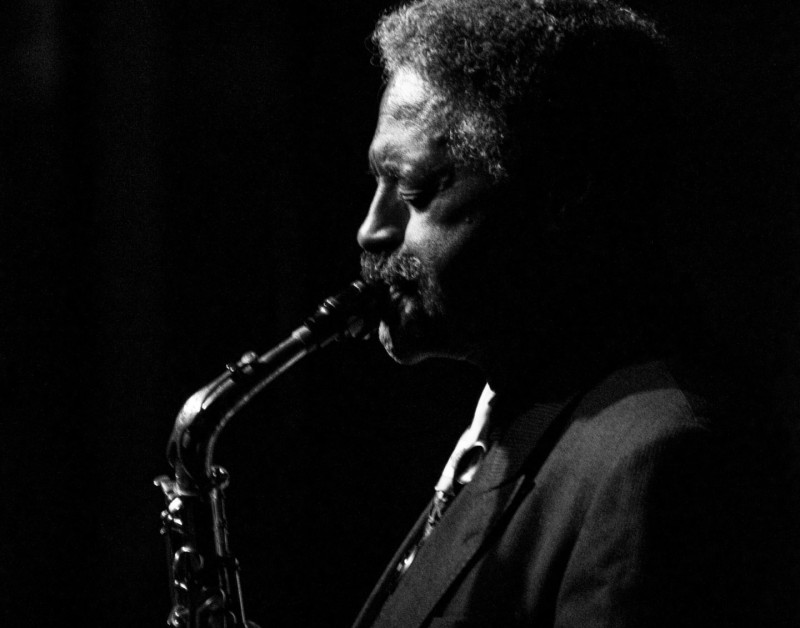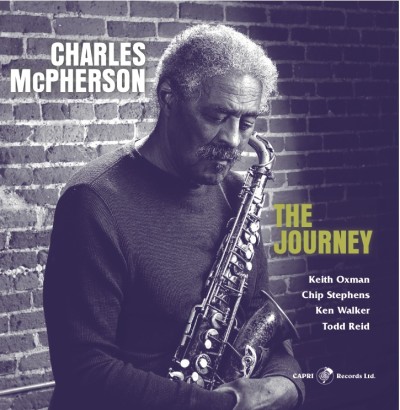When Clint Eastwood needed an alto saxophonist who could approximate Charlie Parker’s blazing bebop idiom for the soundtrack to his 1988 biopic "Bird," Charles McPherson got the call.
Not long after the film hit theaters, I used to see McPherson performing at small clubs in Los Angeles. His allegiance to Parker’s music was obvious, but so was his wealth of original ideas, and I was always struck that such a powerfully expressive musician could be experienced in such close quarters. His longtime residency in San Diego certainly didn’t keep him in the national spotlight. Now 75, McPherson has spent about half his life in Southern California, but he hasn’t lost a bit of his edge on his latest album, "The Journey" (Capri Records).
His first new release in five years, it’s an impressive reminder that McPherson possesses an urgent and utterly personal sound. A quintet session recorded in Denver with an excellent local cast, "The Journey" is the work of an artist with nothing to prove. Four of the album’s nine tracks were composed by McPherson’s bandmates, including the alluring ballad “Elena” by tenor saxophonist Keith Oxman. The album’s centerpiece is McPherson’s “Manhattan Nocturne,” a 10-minute excursion that sustains a sultry mood. Set to a caressing Latin groove, it’s a languorous late-night ride that’s more about the pleasure of the hang than any particular destination.

